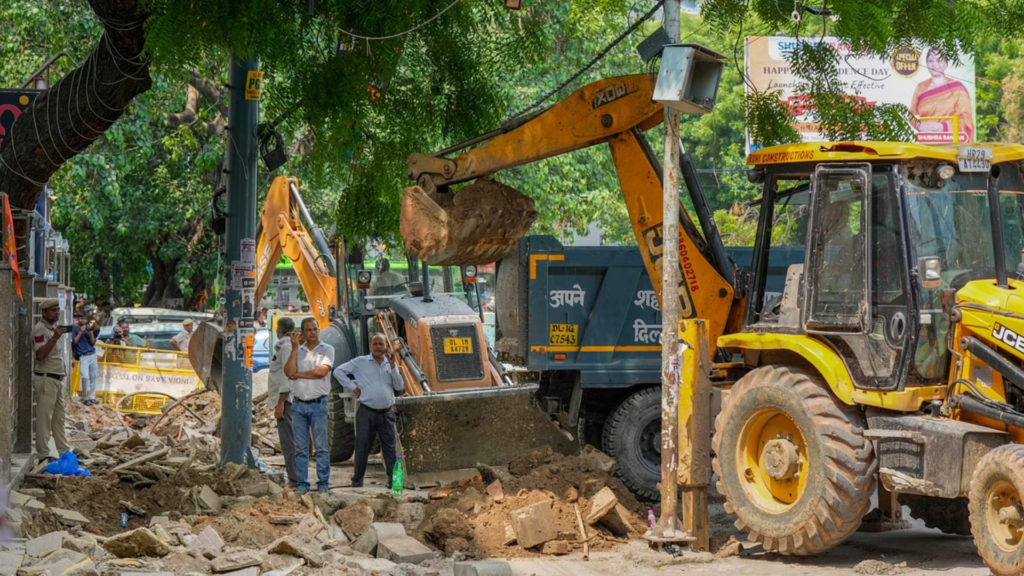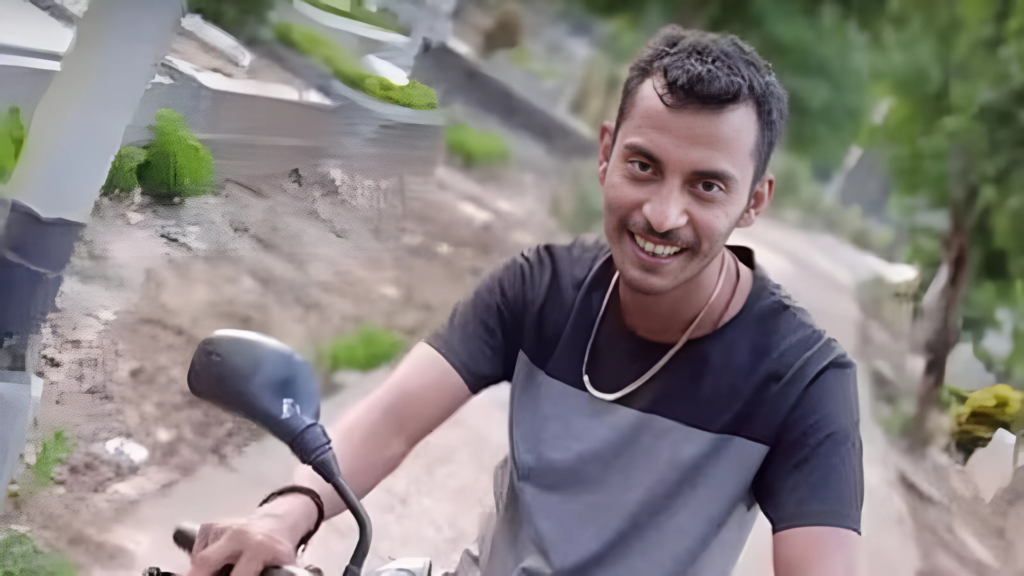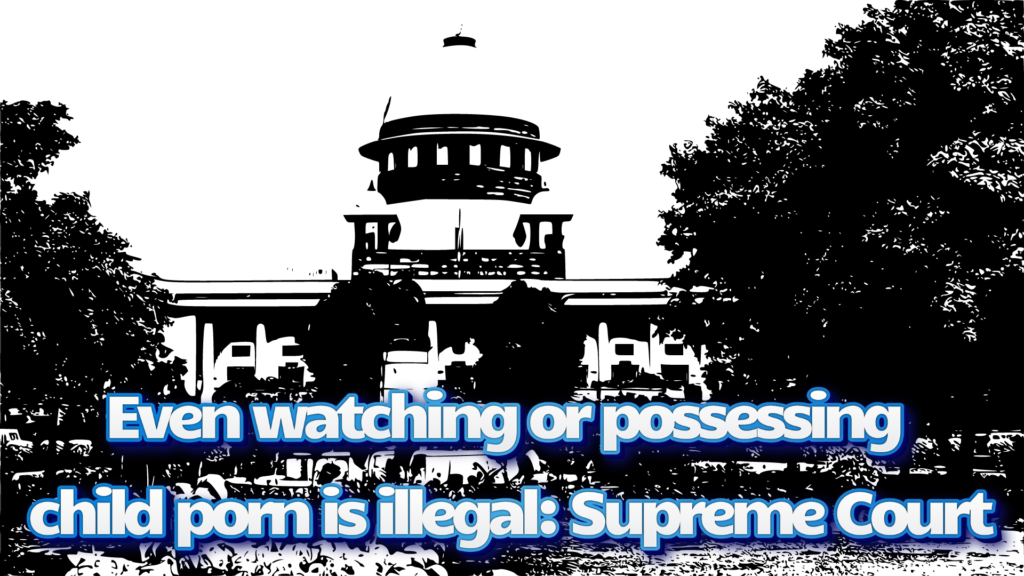“Bulldozer justice” illegal: Supreme Court
November 11, 2024 2 min read

The Supreme Court has declared that citizens’ voices cannot be suppressed by the threat of property destruction, asserting that “bulldozer justice” is incompatible with the rule of law.
A bench led by Chief Justice of India (CJI) DY Chandrachud observed that using bulldozers to administer justice is unknown in any civilized legal system. The court stated that the state must adhere to due legal process before removing illegal encroachments or structures that are unlawfully constructed.
Bulldozer justice is simply unacceptable under the rule of law; if allowed, it would render Article 300A of the Constitution, which safeguards property rights, meaningless, said the bench, which also included Justices JB Pardiwala and Manoj Misra, in its judgment on November 6.
Article 300A stipulates that no person shall be deprived of property without lawful authority.
The court issued this ruling in connection with a 2019 case involving the demolition of a house in Uttar Pradesh’s Maharajganj district. The bench labelled the state’s actions as “high-handed” and ordered the Uttar Pradesh government to compensate the petitioner with Rs 25 lakh for the loss of his house, which was demolished for a road project.
The judgment expressed concerns over “bulldozer justice” cautioning that such practices pose a risk of selective, retaliatory demolitions by state actors for unrelated reasons. “Citizens’ voices cannot be throttled by a threat of destroying their properties and homesteads. The ultimate security which a human being possesses is to the homestead,” noted the judgment, written by the CJI.
The ruling clarified that while the law does not condone unlawful encroachments on public property, there are adequate municipal and town-planning regulations to address such issues. The court proposed minimum procedural safeguards for state actions against citizens’ properties, urging that these safeguards be upheld.
The court also highlighted the need for accountability among public officials involved in unauthorized demolitions, urging disciplinary and criminal sanctions where appropriate. “Public accountability for public officials must be the norm. Any action on public or private property must follow due process,” the bench stated.
Additionally, the court outlined a protocol for actions related to road-widening projects. The state must verify the official width of the road and conduct surveys to confirm any encroachment. If encroachment is confirmed, the state must issue a formal notice, allowing the encroacher an opportunity to object. Should objections arise, they must be assessed fairly and, if rejected, reasonable notice must be given before any adverse action.
Where road-widening requires additional land beyond the state’s existing road boundaries, the state must legally acquire the necessary land before proceeding.
The bench instructed the registrar (judicial) of the Supreme Court to circulate the judgment to chief secretaries of all states and Union territories, ensuring compliance with the outlined procedures. In Uttar Pradesh’s case, the Chief Secretary was directed to investigate the illegal demolition, including all those that involved officers and contractors.





NewszNow
বাংলা থেকে নিরপেক্ষ সংবাদ | Unbiased news from Bengal
ট্যাব সংক্রান্ত যাবতীয় তথ্য পড়ুয়া নিজেই পোর্টালে আপলোড করবে, ঘোষণা ব্রাত্য’র - NewszNow
shorturl.at
ট্যাব সংক্রান্ত যাবতীয় তথ্য পড়ুয়া নিজেই পোর্টালে আপলোড করবে, ঘোষণা ব্রা...দীর্ঘ অপেক্ষার পর ফিরছে শান্তিনিকেতনের পৌষ মেলা - NewszNow
shorturl.at
দীর্ঘ অপেক্ষার পর ফিরছে শান্তিনিকেতনের পৌষ মেলা NewszNow পার্বণ -কর্নাটকে বিজেপির ৫০ কোটি করে টোপ কংগ্রেস বিধায়কদের, অভিযোগ সিদ্দারামাইয়ার - NewszNow
shorturl.at
কর্নাটকে বিজেপির ৫০ কোটি করে টোপ কংগ্রেস বিধায়কদের, অভিযোগ সিদ্দারামাইয়ার ...




